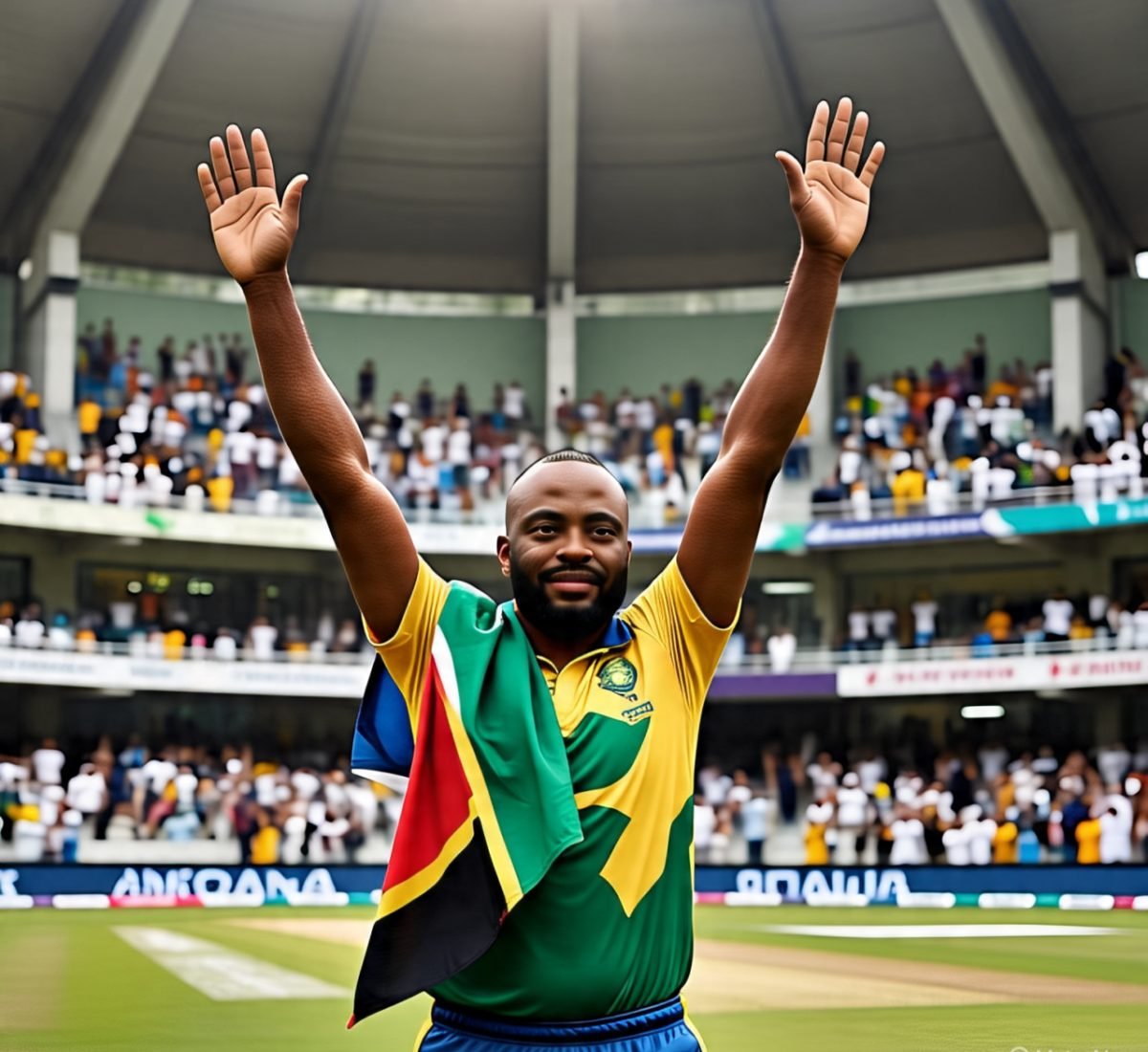Temba Bavuma, proud to lead the Proteas to the final, says tough experiences have built his resilience.

Table of Contents
Information
South Africa’s Test cricket team is preparing for a monumental clash against Australia in the ICC World Test Championship final at Lord’s this week—and at the heart of the occasion stands Temba Bavuma, South Africa’s first black African Test captain. His leadership in such a high-profile contest marks a significant milestone for the country’s cricketing history and for its broader journey towards inclusivity in sport.
While the Proteas have previously reached the summit of the world Test rankings—most notably in 2012—a victory over reigning champions Australia in this final would be a defining moment. For South African cricket, it offers a chance to seal a legacy-defining win on one of the sport’s grandest stages.
A Captain Beyond the Scoreboard
At 35, Bavuma is no stranger to adversity. Throughout his career, he has faced immense pressure—both on the field, where performance is always under the microscope, and off the field, where issues of race and representation continue to influence public discourse.
Bavuma made his Test debut in 2014 and soon etched his name into the record books by becoming the first black African to score a Test century for South Africa. Years later, he made history again by being named the country’s first black African Test captain. In a sport still shaped by the legacy of apartheid and a complex system of racial transformation, Bavuma’s rise to leadership carries both symbolic and practical weight.
The Burden and the Message
Despite his historic achievements, Bavuma has remained candid about the challenges he faces. He has often spoken about how his identity as a black African influences the scrutiny he receives—a reality he says comes with both criticism and stigma.
“The mere fact I was the first black African brought a different narrative and connotation to it,” Bavuma said in a recent interview. “It can come with criticism. Sometimes unwarranted criticism. I haven’t been short of that.”
He also addressed the harsh labels often attached to players of colour in South African cricket. “As players of colour, when things are not good, when you haven’t scored runs, or taken wickets, you’re labelled as a quota player,” he noted.
These honest reflections underscore the lingering issues of racial bias within the sport, even as strides have been made towards greater inclusion.
A Symbol of Change
Bavuma’s leadership goes beyond tactics and team selection. His calm demeanor, resilience, and courage in confronting difficult conversations have become hallmarks of his captaincy. As South Africa approaches one of its most important matches in recent history, Bavuma represents more than a skilled cricketer—he is a symbol of change and progress for South African sport.
This World Test Championship final is not just an opportunity for a long-awaited international triumph; it is also a stage where Bavuma’s story may inspire a new generation of cricketers from underrepresented communities. Win or lose, his presence at the helm marks a powerful statement about where South African cricket has come from—and where it is headed.
With the eyes of the cricketing world watching, South Africa will look to their trailblazing captain to lead them with conviction and pride. The challenge is immense, but so is the significance of the moment.
